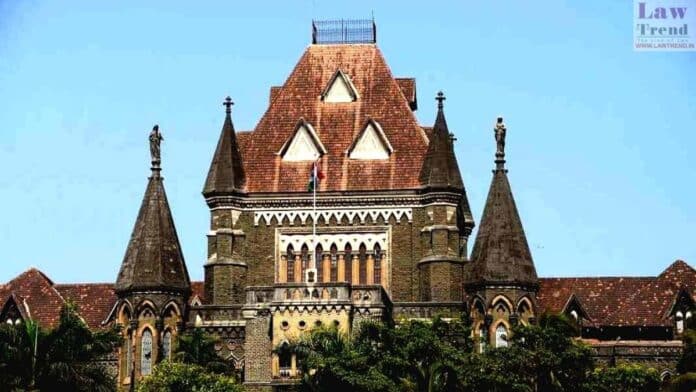The Bombay High Court has issued an order preventing the Customs department from destroying several artworks by noted artists F N Souza and Akbar Padamsee, which were seized last year under allegations of obscenity. Justices M S Sonak and Jitendra Jain made this interim decision on Monday while reserving their final judgement on a petition brought forward by B K Polimex India Pvt Ltd, a company owned by Mumbai businessman and art collector Mustafa Karachiwala.
Karachiwala’s firm had challenged the legality of the July 1, 2024, order by the Customs department that confiscated the artworks, labeling them as “obscene material” and imposing a Rs 50,000 fine on the company. The petition, represented by advocates Shreyas Shrivastava and Shraddha Swarup, argued that the seizure was arbitrary, illegal, and in violation of the constitutional rights protecting artistic expression.
The controversial artworks include a folio of four erotic drawings by Souza, notably one entitled “Lovers”, and three other pieces by Padamsee, including a drawing titled “Nude” and two photographs. These items, part of a consignment of seven artworks, were acquired by Karachiwala at two separate auctions in London and brought to Mumbai, where they were seized by Customs in April 2023.
In their plea, the advocates highlighted the stature of Souza and Padamsee as pioneering figures in the Progressive Artists’ Group, which brought European modernism into Indian art. The petition underscored the national and cultural value of these works, stating that their recognition as art should not be overshadowed by misplaced perceptions of obscenity.
“The Customs officials have failed to differentiate between a work of art and what could genuinely be considered obscene material. Every nude drawing or painting does not fall under the ambit of obscene material,” the petition noted.
The court’s decision to halt any potential destruction of the artworks allows time for a thorough review of the case, ensuring that these valuable pieces of modern Indian art are preserved while the legal proceedings continue.




